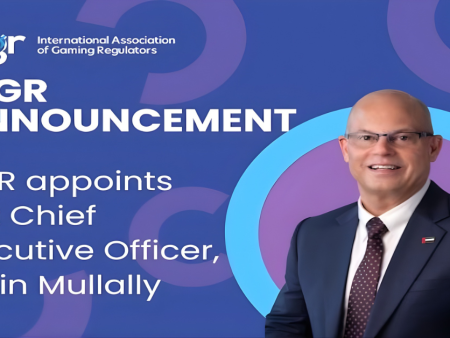
Romania’s Ministry of Education and Research has unveiled a major new national strategy specifically aimed at tackling the growing challenge of gambling and addiction among teenagers.
The comprehensive plan emphasizes prevention, education, and robust collaboration between schools, families, and local authorities across the country.
The strategy is informed by crucial data from the 2024 ESPAD report, which established clear links between students’ digital habits and risky behaviors, including substance abuse and gambling engagement.
Professor Daniel David, Minister of Romania Education and Research, stated that the ministry is acting urgently to address these pressing issues among the student population.
The new framework focuses on three core intervention areas: enhanced supervision outside schools, structured prevention and education within schools, and targeted support for vulnerable individuals.
This organized approach ensures that schools and local authorities can coordinate their efforts effectively, moving away from isolated, one-off programs and establishing a unified intervention framework.
The educational component is robust. New school programs will be implemented to teach students practical skills essential for managing risks, making informed personal decisions, and building resilience against peer pressure.
Initiatives will concentrate on fostering a culture of shared ethical values that strongly oppose violence, gambling, and drug use. These programs will form part of the nationwide “A Different Kind of School” program.
Crucially, topics related to gambling and addiction will be formally integrated into existing orientation and counseling classes.
They will also feature as mandatory material within two new high school subjects: Healthy Lifestyle and Psychological Self-Regulation.
To ensure effective policy deployment, the ministry is partnering closely with local authorities and civil society organizations, including the National Agency for Policies and Coordination on Drugs and Addictions (ANPCDDA).
These partnerships have already resulted in the creation of methodological guides designed to assist teachers in identifying and preventing addiction-related issues among students and within families, ensuring consistent standards and measurable outcomes across all regions.





